
![]()

And speaking of gas-guzzling cars:
![]()

...are these the same as the “Covid” scientists, or just outright academic frauds like Michael Mann? Asking for a friend.
![]()
...that’s dengue fever, transmitted by mosquito bites, it’s been around for centuries, and you’re most likely to catch it if you visit India, Sri Lanka and South America (and don’t use bug repellent).
#AncientNews #NotWorthPanickingAbout
In the Lawn Order Files:

...why is this headline absolutely believable?
![]()
...as would we all. Being that this happened in Britishland, he didn’t even say it to the scrotes themselves, but to colleagues during a break. And being that this was in Britishland, one of his colleagues snitched on him — and being that this was in Britishland, he’s now in trouble.
#BritainIsTotallyFucked
Also in Britishland:
![]()
...can you believe that anyone could say this with a straight [sic] face?
In Local Commie News:

...keep it classy, Lefties. Also:

...oh well, that’s okay then.
And in The Great Cultural Assimilation Project©:
![]()
...so basically, if the Krauts were to deport all the freeloaders, their welfare spending on the “deserving” permanently-unemployed could grow by as much as 33%?

...leading to the question: how did homosexual illegal aliens get to afford a cruise in the first place?
And then there’s this example of how to tell authorities to stick it:
On a happier note:
![]()
...is it so wrong to admit that I’m slightly turned on by the “burn marks” thing? Here she is, all tousled with that JBF look:

And off we go into more of that ![]()









 …
…
…and speaking of that particular resident of ![]() :
:
![]()
...well, so much for that little fantasy.






And I think that’s about enough thighs news to spread.



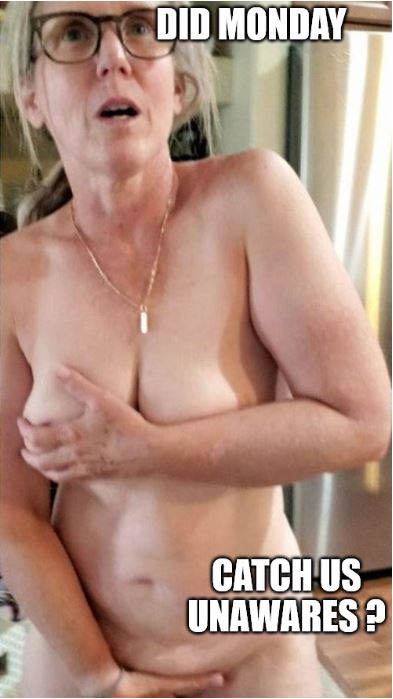
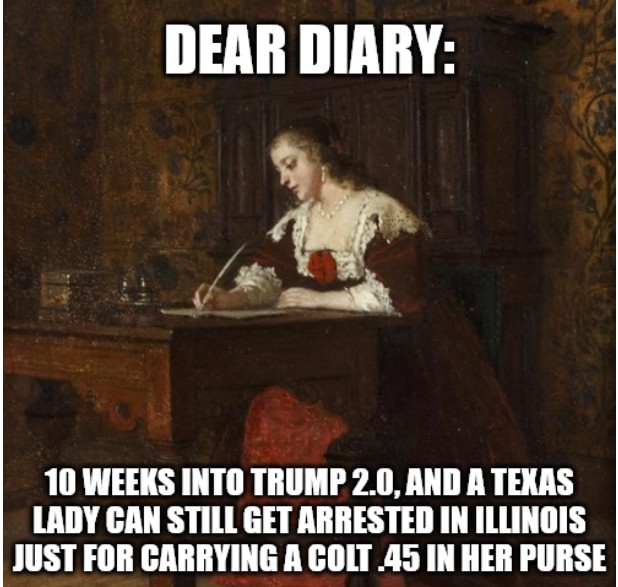
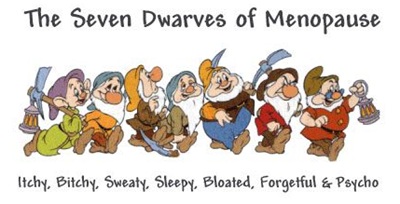

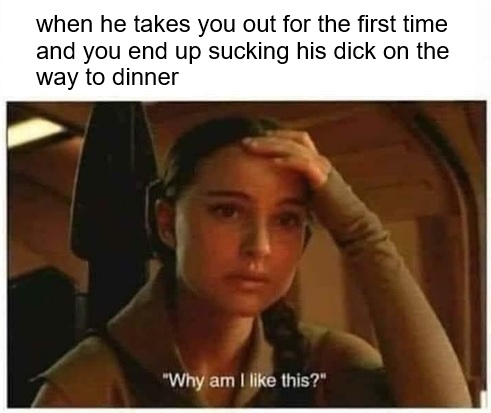




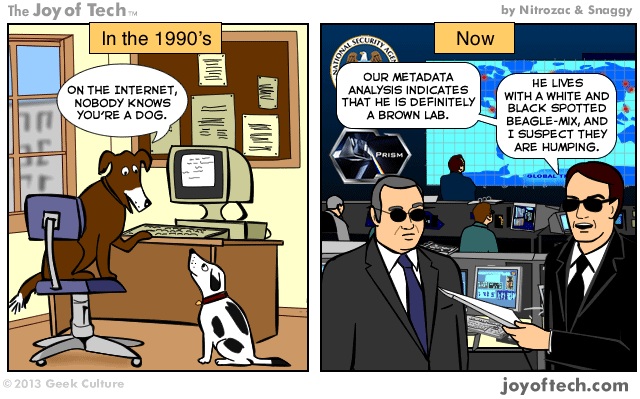
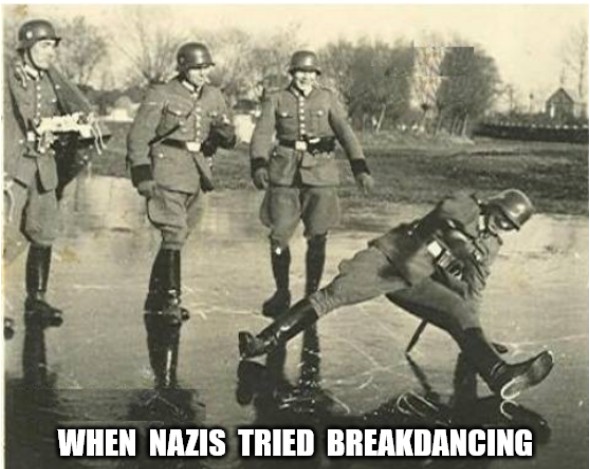
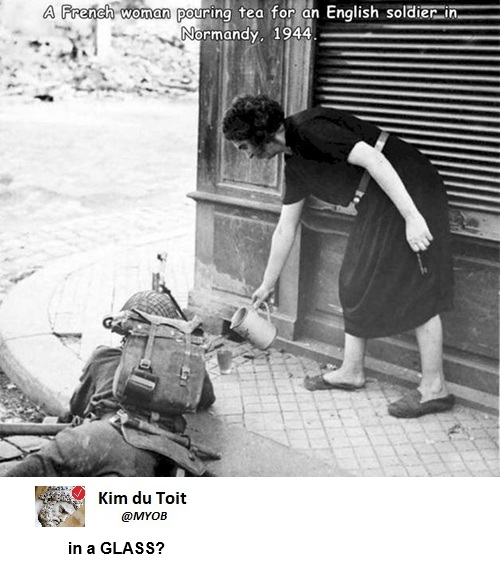
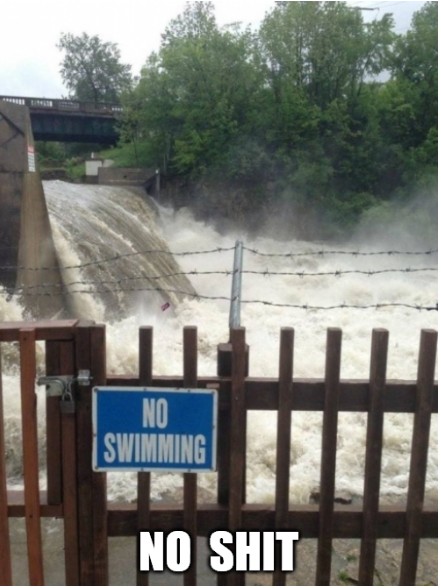









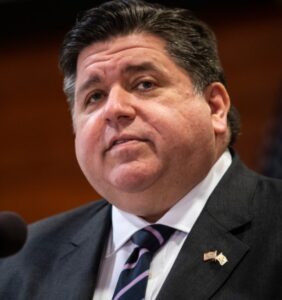
















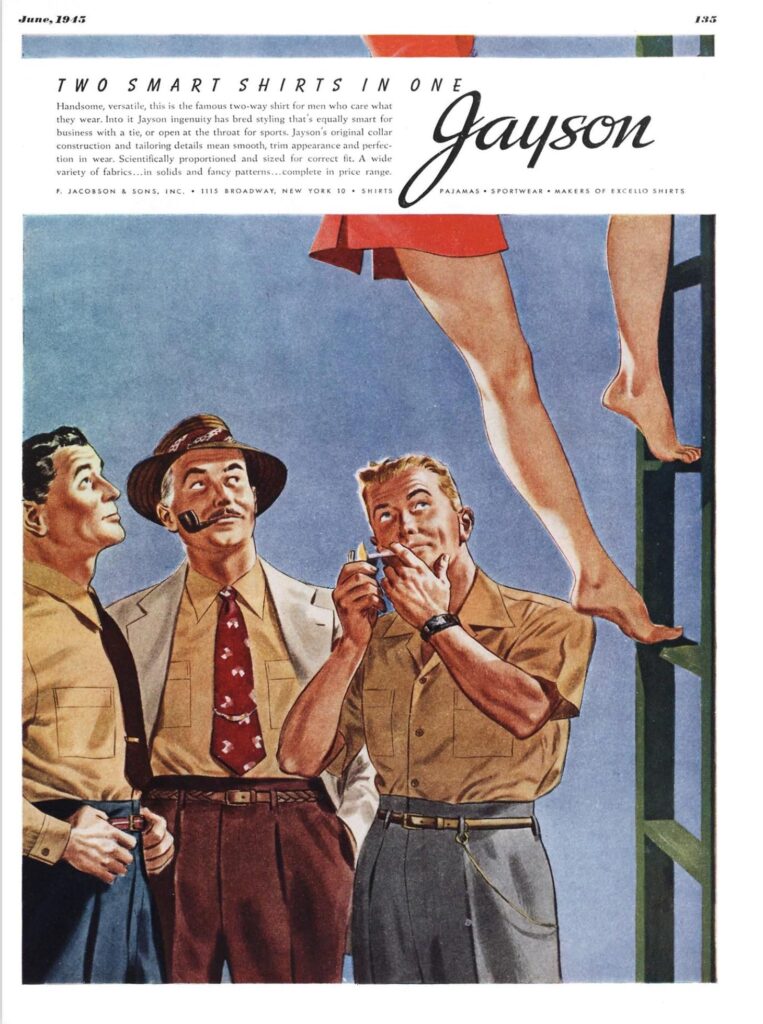



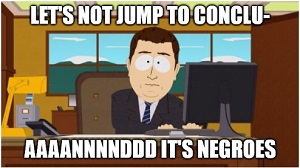













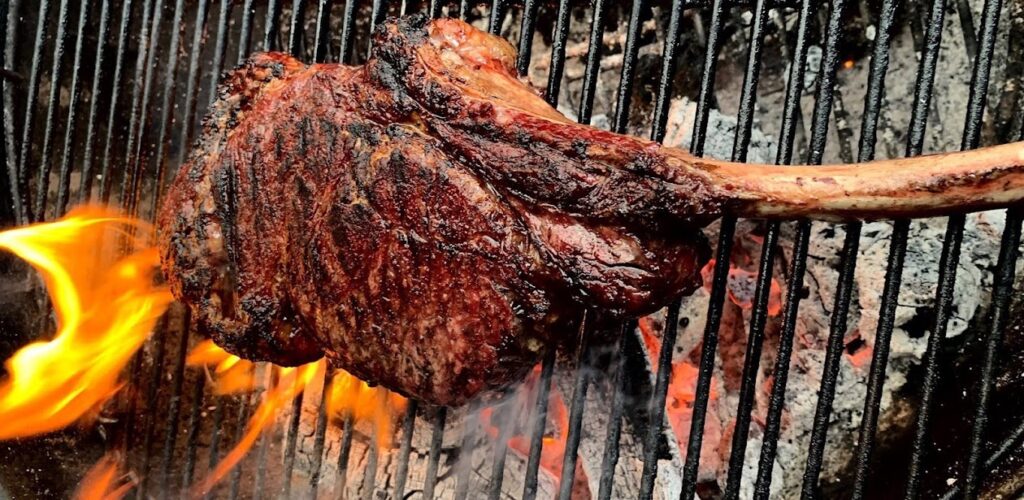











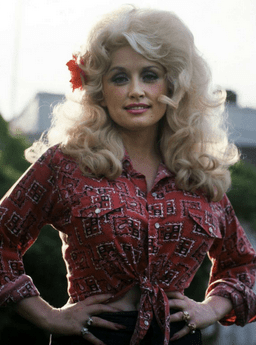








 …“Start by hiring three nannies…”
…“Start by hiring three nannies…”








